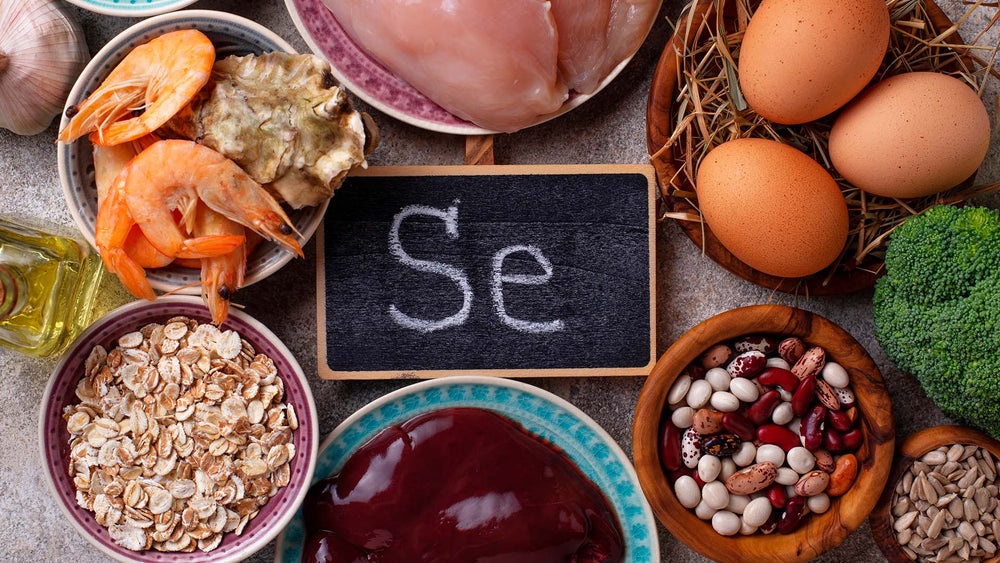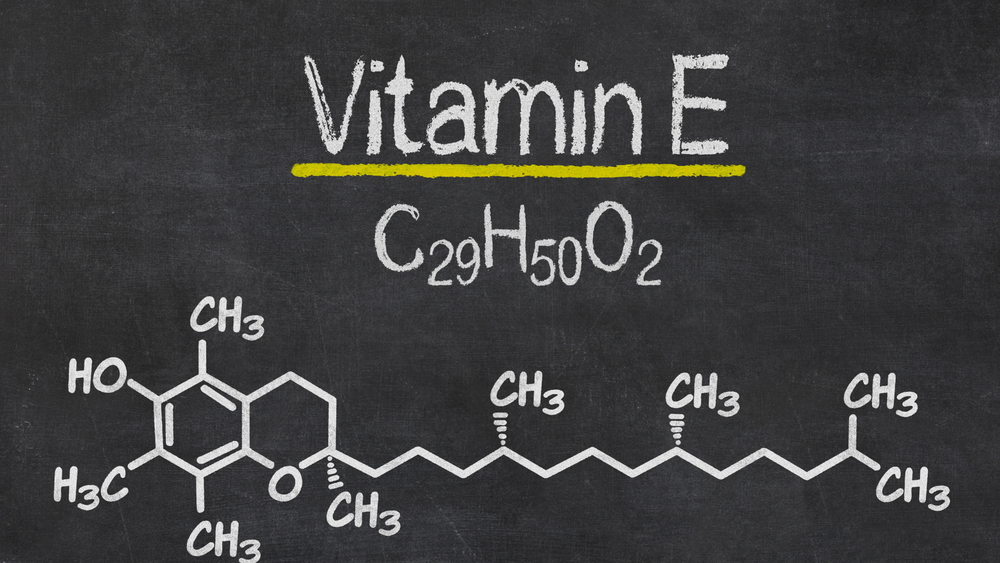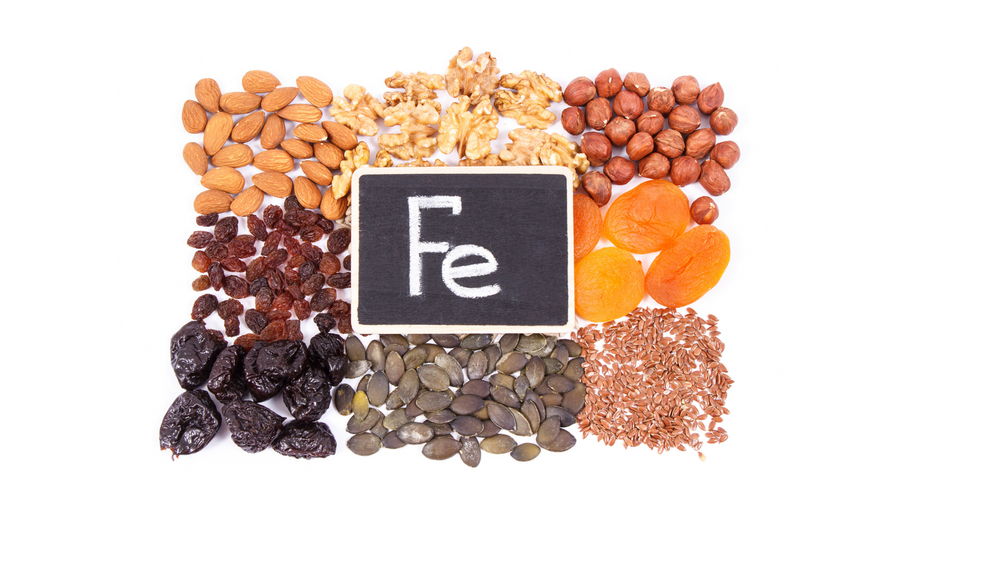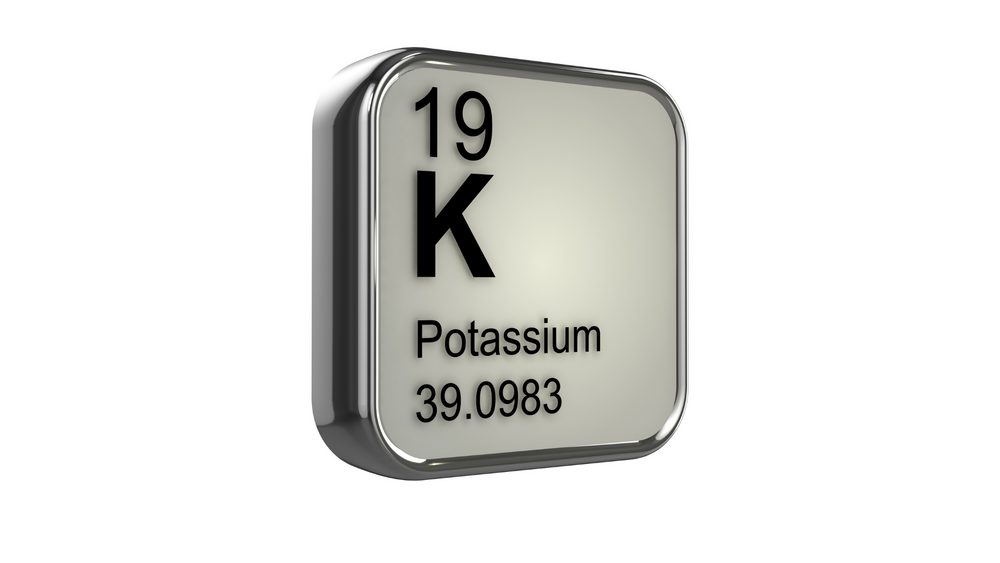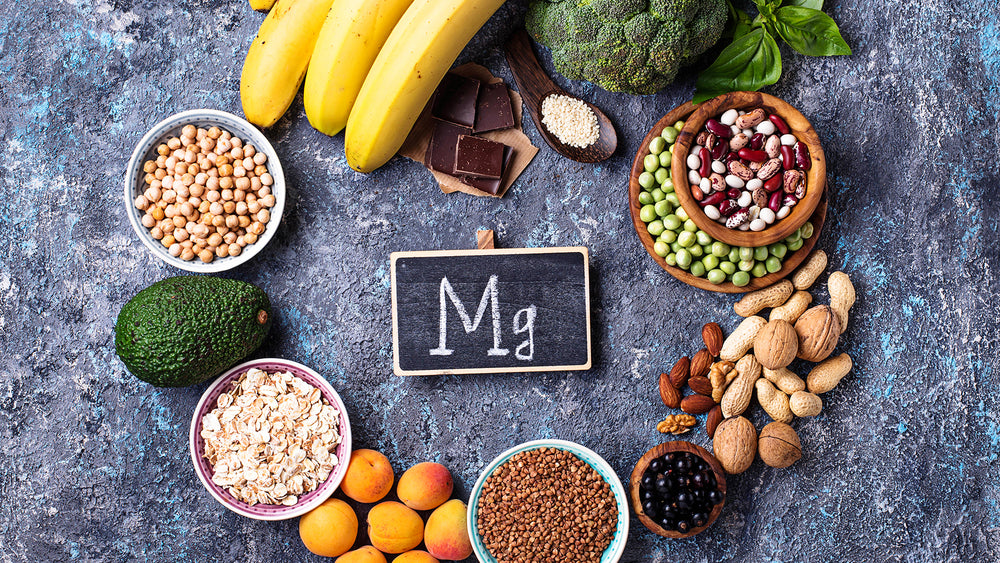Your immune system is designed to fight infections and disease. A healthy immune system can fight off germs or help you return to normal quickly after you catch a cold or develop a more serious condition, like bronchitis, the flu, or even COVID-19. A robust immune system is one of your best allies against disease and inflammation.
Can you boost your immune system and successfully avoid getting sick? We all know people who never seem to get colds or the flu every winter, while other people constantly miss work and school due to illness.
You can easily improve your immunity, even if you have underlying health conditions, by cultivating good habits and eliminating bad ones. Change your lifestyle through the usual means - better diet, exercise, stress management, and proper sleep may for better protection against disease. Here are six ways you can boost your immunity.

Don't Smoke and Reduce Alcohol Consumption
You might be tempted to enjoy more than one cocktail with your dinner while you're in quarantine for COVID-19, but having more than an occasional drink can increase your risk of getting coronavirus. Drinking excessive amounts of alcohol can lower your immune system function and interfere with your body's ability to fight bacteria and viruses.
In the short-term, drinking too much alcohol also impairs your judgment and causes dehydration. Long-term drinking may lead to high blood pressure, heart disease, cancer, and liver disease.
Smoking compromises the immune system, according to the CDC. If you smoke, you're at a greater risk for immune and autoimmune diseases, including bacterial and viral infections of the lungs. Smokers are more likely to develop severe respiratory infections if they contract COVID-19 due to an abundance of entry points for the virus.

Get Enough Sleep
Studies show that you're more likely to get sick if you don't get enough quality sleep. Even if you do get sick, you'll recover faster if you get enough sleep. Your immune system release cytokines as you sleep. Some cytokines promote sleep, and some of them need to multiply to protect you when you have an infection or when you're under stress.
If you don't get enough sleep your body won't produce enough cytokines. Inflammation-fighting cells and antibodies are in short supply when you don't get enough sleep. You should get seven or eight hours of restful sleep per night to produce enough cytokines to fight infections.

Eat Healthy Foods
If you don't eat enough food with iron, zinc, Vitamin B6, folic acid or selenium and other nutrients, you'll be more likely to develop infections and infectious diseases. Studies have shown that people who eat poor diets due to poverty are more susceptible to diseases. There aren't many studies on the human immune system and nutrition. However, research on animals shows that certain nutrients may boost immunity, These nutrients include:
Zinc
Zinc has long been regarded as an important nutrient to guard against colds, help wounds heal quickly, and support the immune system. You can get more zinc in your diet naturally by eating red meat, whole grains, beans, fortified cereal, poultry, beans, and nuts. Most people get enough zinc from their diets, but vegans and people with digestive problems, such as Crohn's disease, many need to take a zinc supplement. Zinc is especially helpful as you age, as older adults have weaker immune systems.
Iron
Iron strengthens your immune system. If you don't get enough iron in your diet, you may develop anemia. Anemia is an absence of enough healthy red blood cells in the body. This condition causes weakness, lightheadedness, a fast heartbeat or shortness of breath, Eat meat, shellfish, poult, cruciferous vegetables, seeds, and nuts to get enough iron. Cooking food on cast iron pots and pans will also increase the amount of iron you consume daily.
Too much iron will hurt your immune system, so don't take an iron supplement unless recommended by a doctor.
Probiotics
Probiotics are good bacteria that live in your stomach and boost your immune system. These bacteria stop harmful substances from entering your body by keeping your gut's lining strong. One study showed that eating probiotics may reduce the risk of upper respiratory tract infections by 42 percent. Probiotic foods have also been shown to reduce depression.
Yogurt, kefir, kimchi, pickles, sourdough bread, miso, kombucha, and sauerkraut are probiotic foods.
Catch Some Rays to Get More Vitamin D
Sunlight is the main source of Vitamin D for humans. You get most of your Vitamin D from getting direct sunlight on bare skin. You can't get the benefits of Vitamin D through your window. You need to go outside and feel sunlight on your skin.
You can take a Vitamin D supplement, drink milk or orange juice with added Vitamin D or eat fortified cereal. Egg yolks, cheese, and fatty fish (tuna, salmon, and mackerel) also have Vitamin D. However, you should go outdoors in the sun for around 15 minutes daily. (Midday is the best time for maximum sun exposure.) You'll get around 10,000 international units (IU) of this vitamin after spending your break or part of your lunch hour in direct sunlight.
Vitamin D deficiency has been shown to decrease lung function and lead to asthma, respiratory infection, COPD, and tuberculosis. Since COVID-19 attacks the respiratory system, it's important to spend part of each day outdoors even while your state is under a shelter in place order. Take a walk, or sit on your front porch, balcony, or in your backyard every day.

Control Stress
Occasional stress doesn't affect most people's health adversely. Chronic stress can deplete your energy and make you more likely to develop heart disease, cancer, ulcers, or other stomach ailments or mental illness. Doctors and scientists have studied the mind-body connection for decades. Research has shown that stress can significantly alter human immune function and health.
Keep a journal to determine when you're under stress, and monitor the causes. Change your schedule to avoid stressful situations when you can. Learn meditation, breathing techniques, and eat foods rich in Vitamin C and magnesium to keep you calm under pressure.

Exercise
Exercise does more than keep you fit. It improves circulation and reduces your risk of inflammation. People who exercise regularly have better cardiovascular and respiratory systems. A study on mice showed that moderate exercise during a flu infection improved immune cells and cytokines in the lungs.
Get at least 150 minutes of moderate exercise per week (walking, yard work, swimming) or 75 minutes of vigorous exercise (running, aerobics) to boost immunity and guard against inflammation, cardiovascular disease, and diabetes.
Never underestimate the importance of a healthy lifestyle to your immune system, longevity, and well-being. Missing a day of exercise or eating an occasional sugary treat won't harm you, but avoid falling back into your old bad habits.
Wheatgrass and Immunity
Wheatgrass contains an abundance of chlorophyll, the green pigment found in plants. Chlorophyll has many health benefits, including faster wound healing and the destruction of free radicals. Take a wheatgrass supplement to enjoy all the benefits of chlorophyll, and fortify your immune system against viruses and bacteria, including COVID-19.
Wheatgrass Love offers three supplements containing high-grade wheatgrass, along with other all-natural herbs and nutrients. Happy Girl Natural Mood Enhancer neutralizes mood swings while giving you an overall sense of well-being. Zeal O2 Natural Weight Loss Supplement curbs your appetite safely with green tea extract and other ingredients added to wheatgrass. Cocoa- flavored REVV Natural Energy Supplement gives you an all-natural energy lift whenever you need it. Buy Wheatgrass Love products here.






